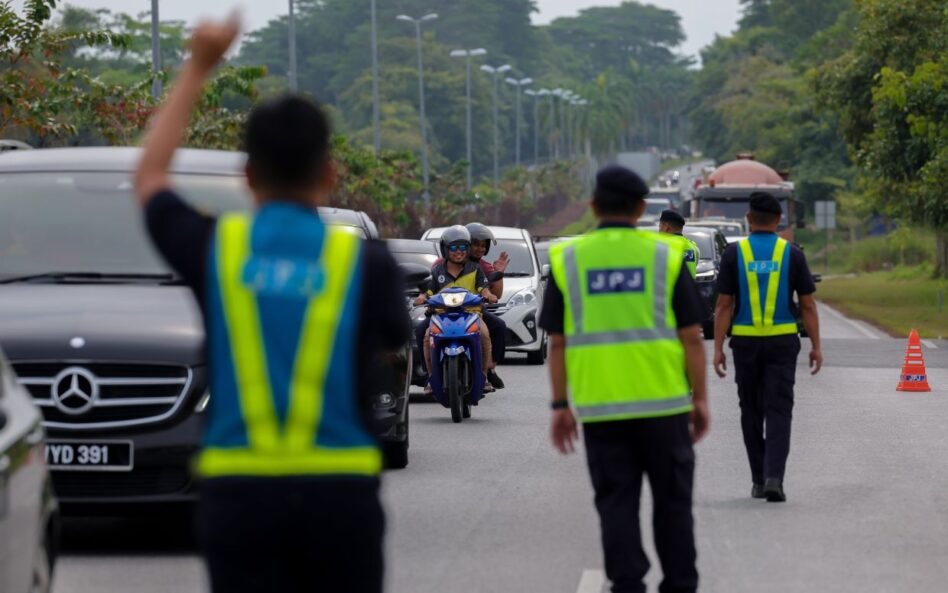By Sharina Ahmad
THERE have been calls for the government to revert the burdensome Real Property Gains Tax (RPGT) rate back to 0% from 5% and 10% for property held for more than five years by Malaysians, permanent residents and foreigners in light of the economic hardships caused by the Covid-19 outbreak.
In Budget 2019, effective from Jan 1, 2019, the government raised the RPGT rate for the disposal of property held for more than five years by companies, non-citizens and non-permanent residents to 10%, from 5% previously. For Malaysian citizens and permanent residents, the rate was raised to 5% from 0%.
The current RPGT rate is 30% for property sold within the first three years, 20% for the fourth year and 15% for the fifth year and 5% thereafter.
The government has announced initiatives under its stimulus package including a loan moratorium to ease the financial burden of Malaysians.
But many are facing pay cuts and lay-offs as companies seek to reduce expenses amidst the challenging economic environment. As such, they may not be able to service their housing loans after the moratorium period and will be forced to sell their house even at a depressed price.
If they are fortunate to make some gains on the disposal, this will be eroded by the RPGT. Isn’t it time for the current government to abolish such tax?
REI Group CEO Dr Daniele Gambero said all over the world, the RPGT is seen as a “welfare tax” as it is usually used during a bull market and waived during a bear market.
“By looking at the current market situation and the outlook and forecast reports released in the past few weeks by the International Monetary Fund where the current situation is likened to the Great Depression of 1929-1939 and called ‘The Great Lockdown’, I would strongly call for the total removal of RPGT, not only for those properties owned for more than five years,” he told FocusM.
Gambero said the government should also look into a total revision of all the curbs introduced during the bull run of 2010 to 2016 and ease them as much as possible for the property industry to restart.
“History showed that right after the global financial crisis of 1997-98, RPGT and a number of property-related taxes were waived, and the move helped to boost demand and to facilitate growth of home ownership. The last estimate I’ve seen was in the range of 82/83%.”
According to the Real Property Gains Tax Act 1976, RPGT is a form of capital gains tax levied by the Inland Revenue Board (LHDN). It was first implemented in 1995 and has seen quite a few changes over the years. The most recent RPGT amendment to be implemented in 2019 is the seventh one so far.
However, independent property blog Kopiandproperty.com founder Charles Tan is in favour of keeping the RPGT but only up to five years.
“To me, it’s very simple … when someone buys a property, he already pays stamp duty to the government. This is already a form of tax,” he told FocusM.
RPGT was mooted to curb speculative activities and not to penalise anyone who’s genuinely buying the property for his own stay. “That was why the limit was capped at five years,” says Tan.
“It’s also not for the government to earn extra tax from home owners who have held the property for a very long time.
“Just imagine if you bought a property at RM500,000 and 10 years later, it has risen to RM1 mil. On a gross basis, the potential RPGT payable is RM25,000. I think the owner would prefer to use this amount for a family holiday or even a new small car for the family,” said Tan.
He added that the purpose of the RPGT needs to be relooked.
According to a news report, Alliance Bank Malaysia Bhd group chief economist Manokaran Mottain said the government needed the additional revenue stream from the RPGT.
“Removing RPGT will not likely be helpful to address the large property overhang as well, given that the government has already introduced various home ownership programmes to tackle the overhang issue,” he said. — April 16, 2020









